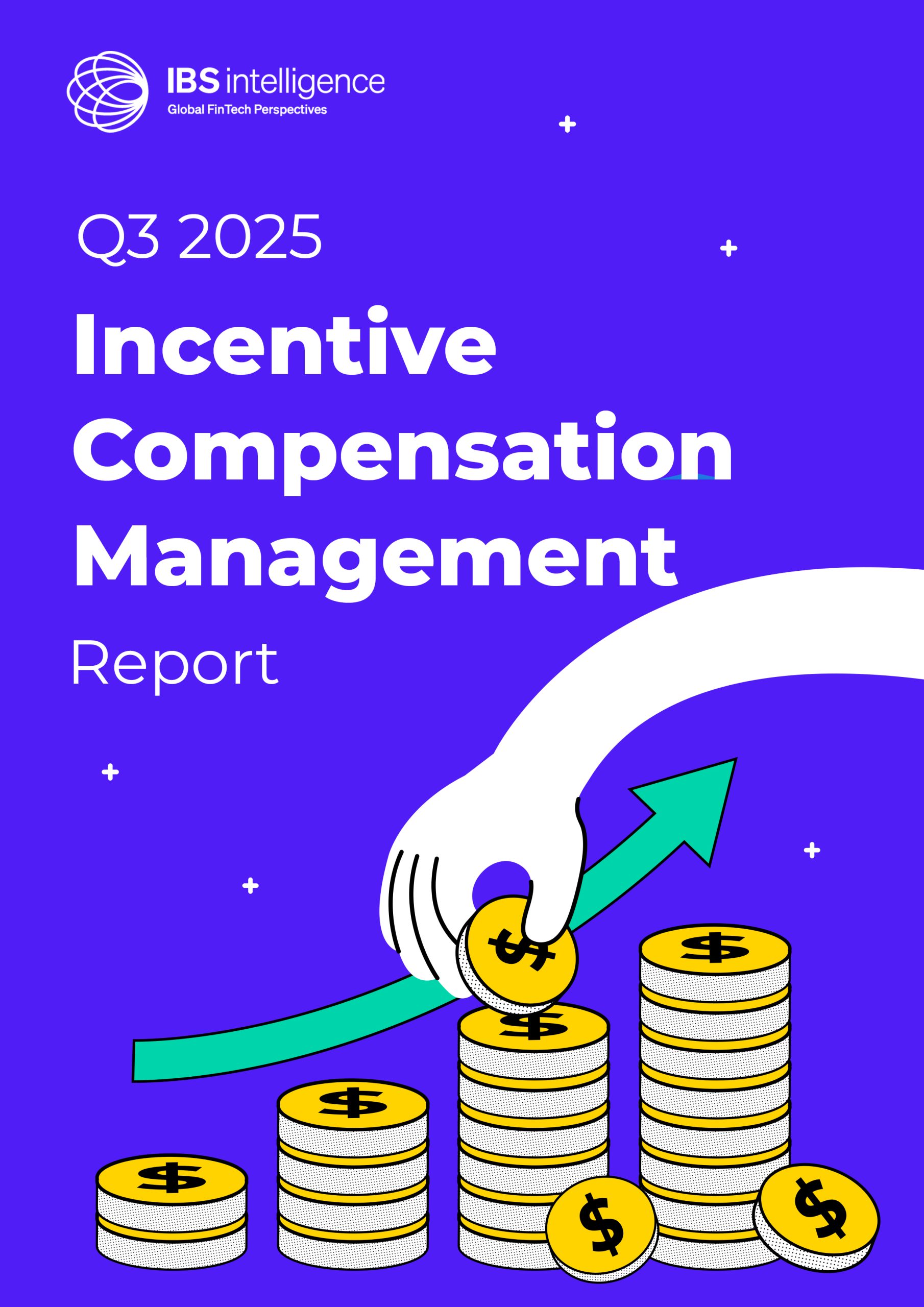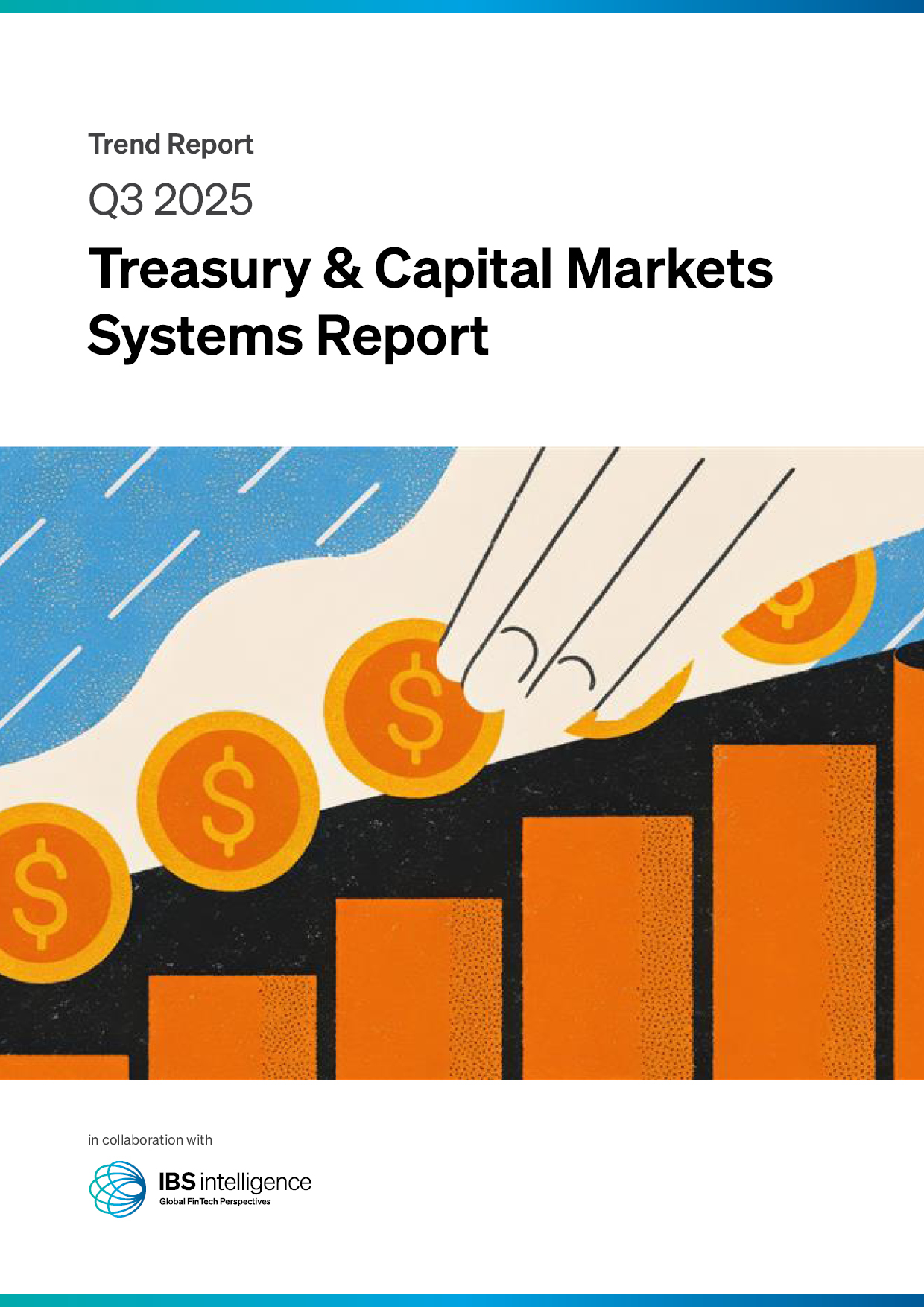 Back
Back
Financial firms turn to agentic AI to cut compliance costs
By Vriti Gothi

Financial institutions are rapidly turning to agentic artificial intelligence (AI) to streamline compliance functions and unlock significant cost savings, according to new research from Fenergo, a provider of KYC, AML, and client lifecycle management (CLM) solutions.
The study surveyed compliance, risk, and technology professionals across the US and UK, drawing responses from asset managers, commercial banks, and investment institutions. The findings reveal that 93% of financial institutions plan to implement agentic AI within the next two years, and 6% have already integrated it into their operations, highlighting a clear trend towards intelligent automation in regulatory processes.
The urgency behind this adoption is evident: compliance burdens are mounting, regulatory scrutiny is intensifying, and the financial cost of inefficiency is growing. 67% of financial institutions report losing clients due to delays and friction in manual KYC and onboarding processes, underscoring the direct business impact of outdated compliance infrastructures.
Institutions are prioritising agentic AI for high-value, high-risk use cases that offer both operational impact and rapid ROI. According to the research, fraud detection (36%) tops the list of deployment priorities, followed by KYC maintenance (19%) and transaction monitoring (16%). These areas have traditionally relied on manual oversight and rules-based automation, often resulting in false positives, missed risks, and operational drag.
Agentic AI defined by its ability to act autonomously within defined parameters, offers a leap forward in both accuracy and efficiency. By enabling contextual decision-making and reducing reliance on manual review, financial firms are finding new ways to combat financial crime and accelerate client onboarding processes.
Keith Redmond, Chief Product Officer at Fenergo, noted, “Rising financial crime risks and outdated onboarding processes are forcing firms to rethink compliance from the ground up. Agentic AI is emerging not just as a productivity tool, but as a value-generating compliance assistant. Those that act now will be defining the future of financial crime prevention.”
One of the most striking findings of the research is the financial upside: 26% of respondents anticipate annual savings of over $4 million through agentic AI adoption. These savings are largely driven by a reduction in manual compliance workloads, improved decision-making speed, and a decrease in the number and severity of compliance breaches.
In parallel, the research reveals a broader strategic mindset among financial institutions. Scalability was cited by 71% of respondents as the most important factor when evaluating new AI technologies. This reflects an intent to embed AI solutions across multiple business functions, rather than limiting them to isolated pilot programs or departmental silos.
The emphasis on scalability also aligns with broader industry trends toward digital transformation. As firms look to future-proof operations and remain competitive, enterprise-wide AI adoption is becoming a board-level priority.
Despite the optimism, the road to AI-driven compliance is not without its challenges. Data privacy (44%) and regulatory uncertainty (36%) ranked as the top two barriers to adoption, particularly among US-based firms. These concerns underscore the need for AI platforms that are not only technically robust but also built with compliance, governance, and auditability at their core.
The report suggests that by selecting solutions with embedded governance frameworks, institutions can ensure alignment with global regulatory requirements while still benefiting from the efficiencies of AI-driven operations.
The findings come at a critical inflection point for the financial services industry. With regulatory complexity rising and client expectations shifting toward faster, more digital experiences, traditional compliance models are under increasing pressure. Agentic AI offers a compelling solution one that combines intelligence, scalability, and agility.
As financial institutions move from experimentation to execution, those that embrace agentic AI early stand to gain a significant competitive advantage—not only in reducing compliance costs but also in improving risk outcomes and elevating client experience.
IBSi FinTech Journal

- Most trusted FinTech journal since 1991
- Digital monthly issue
- 60+ pages of research, analysis, interviews, opinions, and rankings
- Global coverage







